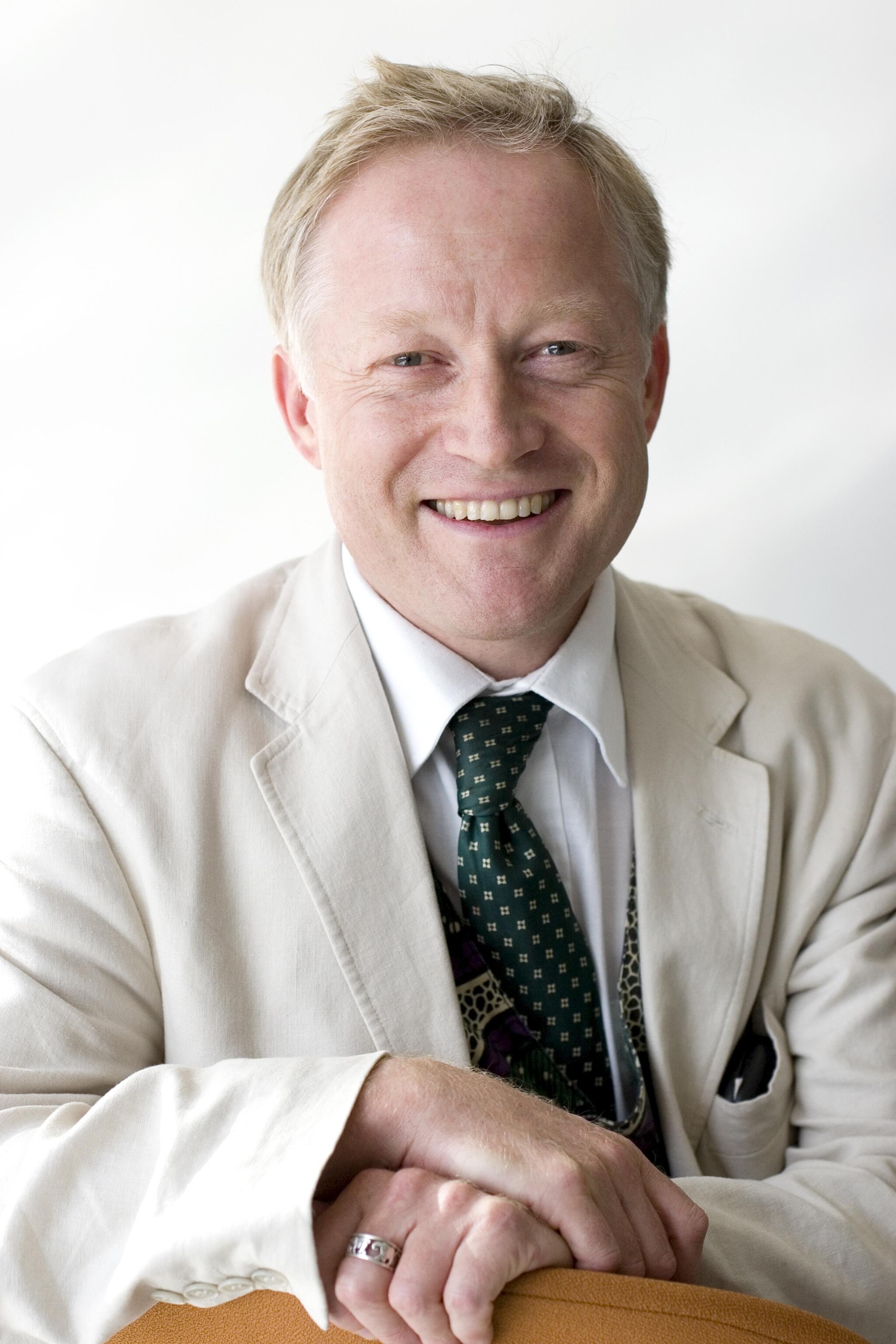
LSTM Professor Bertie Squire (pictured) gave a lecture today at the Medical School of the University of Warwick on 'Catalysing Applied Health Research'. The seminar started by outlining CAHRD, the Centre for Applied Health Research & Delivery. It is a virtual centre which focusses on the full spectrum of Applied Health Research, including operational, implementation, and health systems research. It seeks to bring a broad range of disciplines to bear, in collaboration with ministries of health and non-governmental organisations in developing countries, to improve the health of poor and vulnerable populations. A strategic link with the University of Warwick is an essential part of CAHRD's strategy.
Although CAHRD also works on actual delivery of health interventions, the seminar focussed on Applied Health Research, drawing parallels between the domains of research and the later stages of the value chain in developing and implementing TB diagnostics in developing countries.
Key to implementation of health interventions, is the collection and synthesis of what is often termed "Evidence for Scale-up". This includes evidence around costs of interventions, acceptability to communities, and health system requirements. A published, five-layered framework for capturing evidence for scale up, which was developed by Professor Squire and collaborators, focussed on TB diagnostics. The framework has potential, along with other approaches, as a check-list for collecting and presenting programme, and policy relevant evidence.
The seminar ended with brief presentations of two pieces of work which are currently proceeding in Africa, and which engage collaborators from both LSTM and University of Warwick. One is an example of a Wellcome Trust funded study which will provide evidence under the Effectiveness Layer of the Framework. This is a pragmatic randomised controlled trial of home-based delivery of the injections required over a period of 60 days, by patients receiving the internationally recognised "Retreatment TB regimen". This work is being carried out within the MLW Clinical Research Programme in Malawi. The second example outlined USAID funded modelling work on Virtual Implementation of new diagnostic tools.
Exciting opportunities for applied health research in developing countries are emerging through the CAHRD initiative.